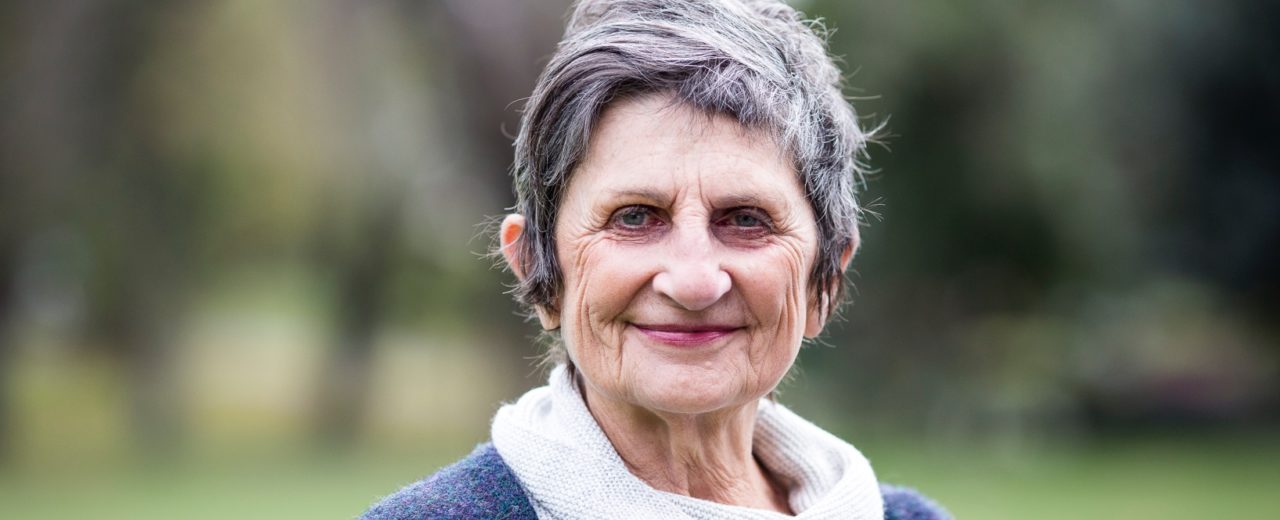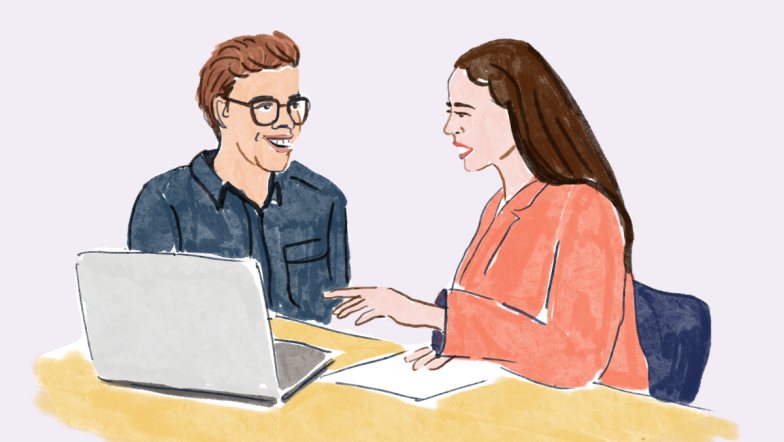How we can safeguard the end of the rainbow for older LGBTI people
11 Jul 2018
We can empower people to take action early
We see a lot of elder abuse. One example might be where the wrong person has become involved in managing a person’s affairs in the event of incapacity. I have seen clients left homeless, without their life savings, or put into aged care before they needed to be. I have also seen instances where an attorney or administrator uses their position to try to control the person they are meant to be looking after. All this can happen just from signing what looks to be a very simple document.
The process of incapacity and aging is difficult, in itself. In particular, older people don’t want to deal with the added complexity of dealing with personal conflict and lawyers at this time. I encourage clients to take steps now to avoid any complications or conflicts in the future. It’s really important we get independent advice. We need to make sure the right people are involved, and that our wishes and preferences are respected. And we need to know what we’re getting into before we sign anything.
We can use the law to stand up against discrimination
For people who identify as being part of an LGBTI community, the aging process can be even more difficult. Not only is there a risk of mistreatment by someone close to them, but there is also the risk of discrimination when accessing services. Hospital staff, doctors, banks or aged care facilities may not automatically recognise a family member of choice.
If a family member of choice can present a legal document, this will hopefully ensure they are involved in important conversations and decisions around a loved one’s care and finances. And that they are provided for when a loved one dies.
We can reach out to people locked out of the legal system
We know there are certain people who can find themselves locked out of the legal system. People who are older, or people who identify as being part of any of the LGBTI communities are over-represented in this cohort.
For example: older people sometimes find it difficult to speak to lawyer, especially if a legal issue involves family. That’s why I spend most of my time hanging out a cohealth, a community health service in Northern and Western metropolitan Melbourne. At cohealth, I can work with older people and their health care teams to address elder abuse.
We can break down barriers between community and lawyers
Older people who identify as being part of any of the LGBTI communities may face additional barriers to justice. They may have deep distrust of lawyers, perceiving them as an authority figure, and fear discrimination. We know that people in the LGBTI communities experience violence across their lifespan, including elder abuse. However, not many seek out professional help.
Justice Connect helps people who find themselves locked out of the legal system. We’re committed to providing legal help as and when they need it. We work with pro bono lawyers and organisations like TGV, COTA, HRLC and cohealth to make it happen.
We’ve helped transgender children and young people across Australia to gain access to cross-sex hormone treatment. We’re undertaking a review of the legal issues for LGBTI clients experiencing, or at risk of, homelessness. We offer legal help to LGBTI run organisations around governance issues. And we advocated on charity law implications for marriage equality legislation.
Now we will be working with TGV and COTA to make sure older people who identify as LGBTI can access legal help as and when they need it, to be aware of options to protect themselves and their families of choice, in the process of safeguarding their future.


